Break Point: Six things we learnt from Part One of the tennis docu-series
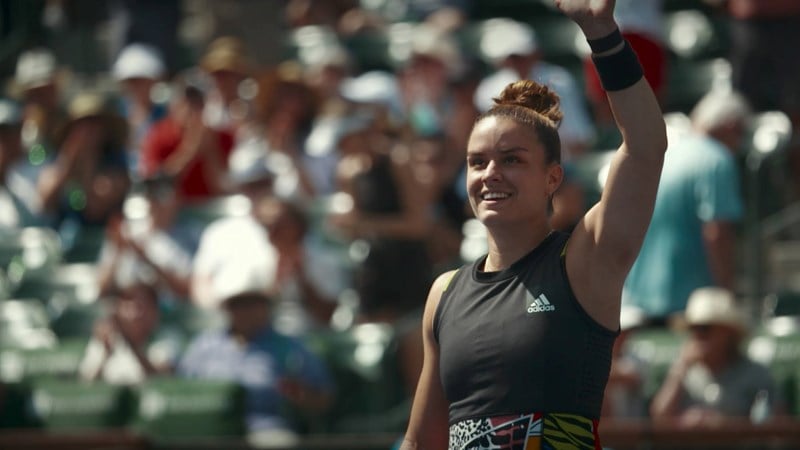
With the first five episodes of 'Break Point' having hit our screens, we share six insightful things we learnt from Netflix's new tennis docu-series.
The domination of the big three and Serena

Although the premise of Break Point is to shine light on the fresh and upcoming talent in the world of tennis, it’s hard to ignore the extreme accomplishments of Rafael Nadal, Novak Djokovic, Roger Federer and Serena Williams.
Between the four of them, they have amassed 86 Grand Slam titles and 350 tour-level titles – but what is even more astonishing is how they have continued to dominate the ATP and WTA circuits, whilst some of their younger competitors are fighting to claim their first title.
As we watch the new generation of tennis stars push to reach the top of the sport, it’s evident that the barriers in front of them are both mental and physical. But when we see Nadal fight back from two sets down against Daniil Medvedev to claim the Australian Open title or overcome Casper Ruud in straight sets to win his 14th title at Roland Garros – it raises the question of whether we will see a domination quite like the ‘Big Three’ and Williams again.
Nadal’s tunnel mind games at Roland Garros
One of the most memorable moments from Break Point Part One is Nadal’s tunnel warm up ahead of his Roland Garros final against Ruud.
As Ruud awaits nervously in the tunnel, set to face not only one of the biggest matches of his young career but also against his childhood hero, Nadal appears to walk out seemingly nonchalant before beginning a series of stretches and practice swings.
With 30 seconds to go before they walk out on court, Nadal dashes in front of Ruud to begin a series of quick warm-up movements which leaves Ruud looking uncomfortable as he attempts to avoid watching his opponent. While many people may just think this is Nadal getting ready for battle, it’s evident this is an attempt to psychologically dominate his opponent before they’ve even stepped out onto court – and that is why he is a 22-time Grand Slam champion!
The mental struggles that come with professional tennis
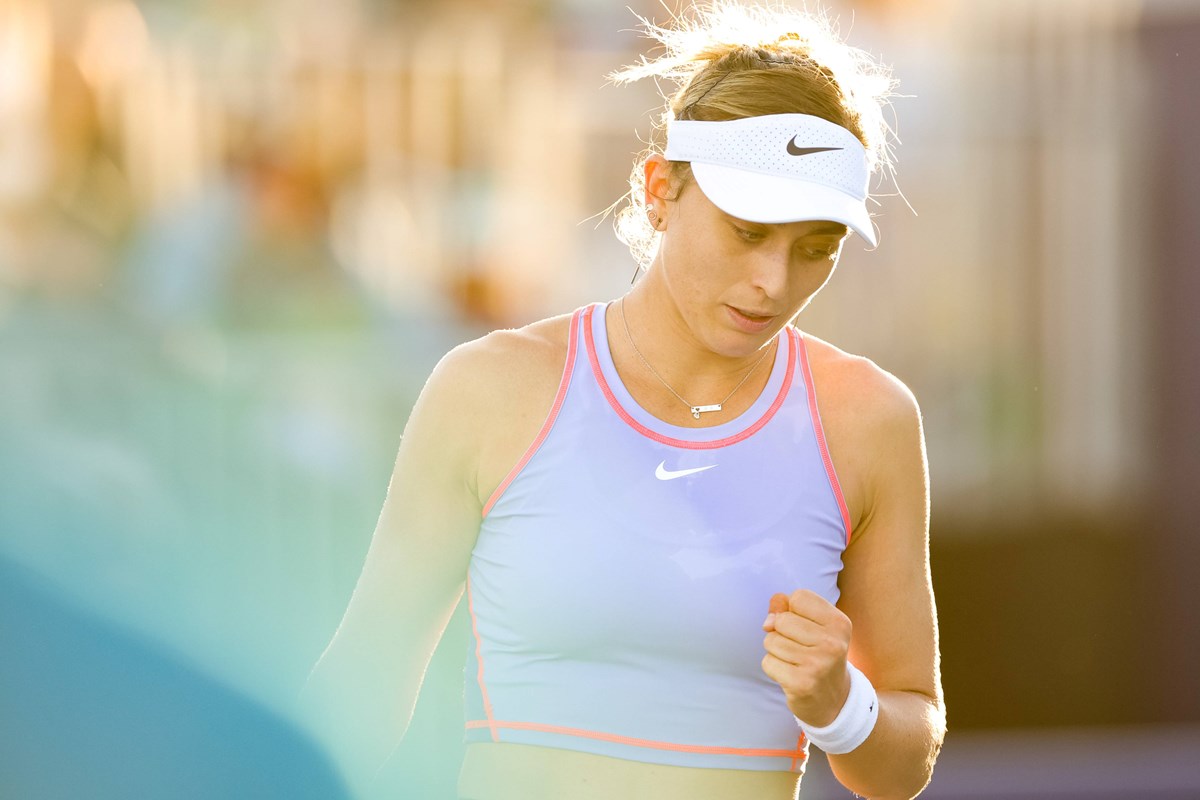
If there’s one theme that was underlined in every episode, it’s that tennis is as much a mental game as it is physical. Whilst every player featured mentioned the psychological strain tennis has on professional tennis players, Spain’s Paula Badosa was perhaps the most honest about her mental health struggles.
Badosa presented herself as an open book, discussing her struggles with anxiety and depression that she’s experienced as a result of the pressure and expectations piled on top of her after her junior Grand Slam victory at Roland Garros in 2015.
“It was very tough for me because I didn’t know what to do in that moment” she said. “Life didn’t have a lot of sense because ever since I was seven years old, my dream was to be a professional tennis player. It was very bad. I didn’t want to go on a tennis court.”
The world No.16 recognises that it’s not easy for professional sports people to admit to mental health struggles, because they feel like they are showing a weakness to the world – but Badosa believes that reluctance must be overcome to help everyone involved in the tennis and sporting world.
Sometimes, being stubborn pays off
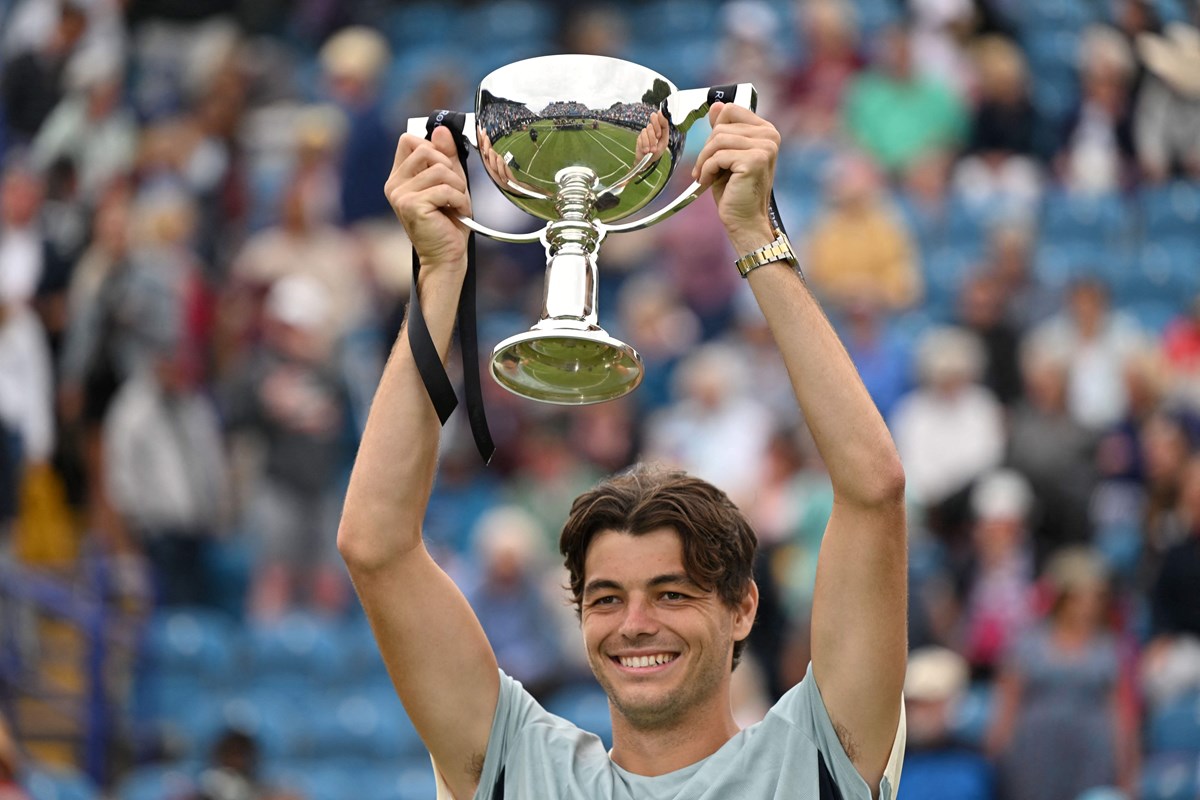
In episode three we were given an insight into American No.1 Taylor Fritz’s run at the 2022 BNP Paribas Indian Wells Masters. Having grown up in southern California, Fritz attended the event multiple times and dreamt of winning the title one day.
When an ankle injury during his semi-final match-up against Andrey Rublev put his appearance in the final in jeopardy, Fritz fought against the odds and refused to give up his childhood dream easily.
With the ‘access all areas’ viewpoint we’re given; we see the American be told by his doctor that he may have a small fracture and playing the final could cause more harm than good in the long run. Despite guidance from his coaching team, Fritz stubbornly refused to miss out on a chance to play in the final, saying, “I’ve trained my whole life for this moment. If I pulled out, I’d be thinking about it forever”.
Thankfully for Fritz, there were no regrets with his decision. After accepting numbing injections before the match, Fritz battled through the pain to overcome Rafael Nadal and become the first American to win at Indian Wells since Andre Agassi in 2001 – a risk that well and truly paid off.
The sacrifices women make in their professional tennis careers
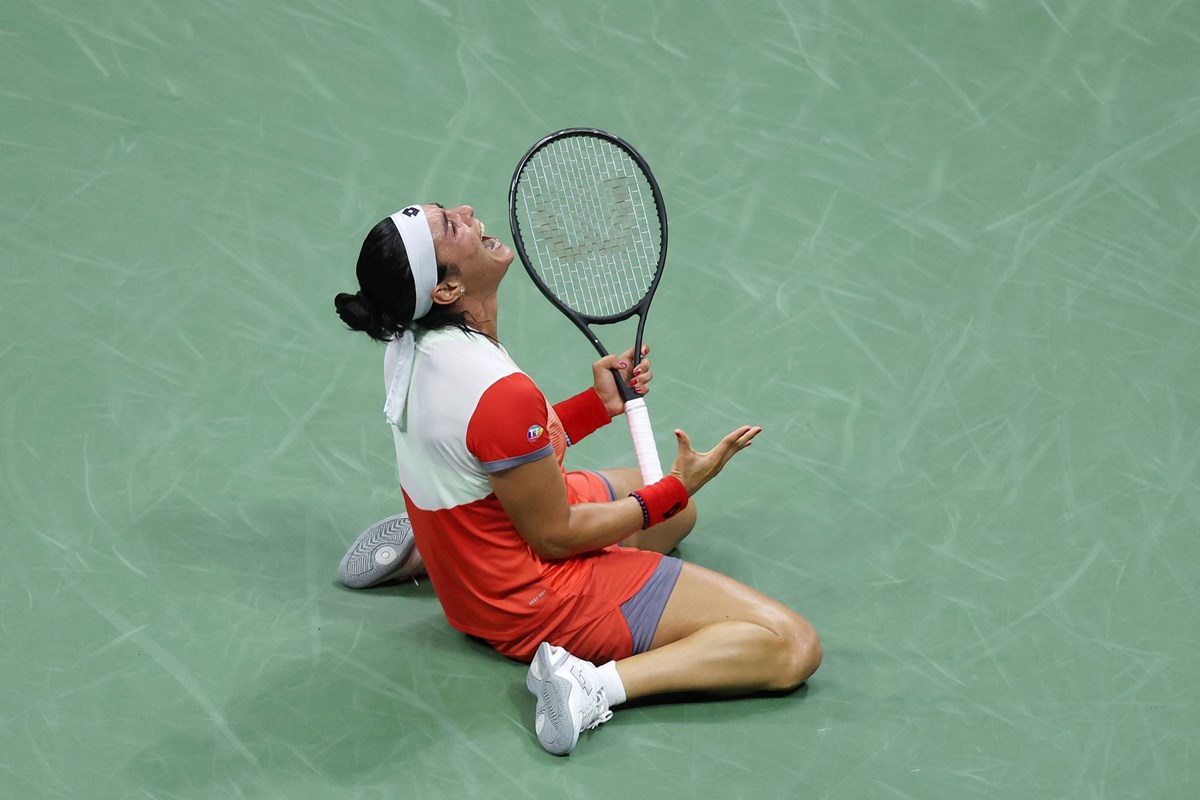
Episode four introduced us to World No.2 Ons Jabeur – 2022 Wimbledon and US Open finalist and the highest-ranked African and Arab player in history.
Aside from speaking about the struggles she faced trying to make it as a professional tennis player with little to no resources, Jabeur also spoke candidly about some of the sacrifices women have to make for their tennis careers.
Whilst the Tunisian is still chasing down the dream to become a Grand Slam champion, she’s simultaneously having to put another dream on hold – starting a family.
"Women do a lot of sacrifices," she said. "If you want to have a child, you cannot just go and have a child, you have to sacrifice maybe something you love – a family, for a career.”
We also learnt that only three women have won a singles Grand Slam title after giving birth – highlighting the impact that having a child can have on women’s professional tennis careers, in comparison to men.
The contrast in player, coach dynamics
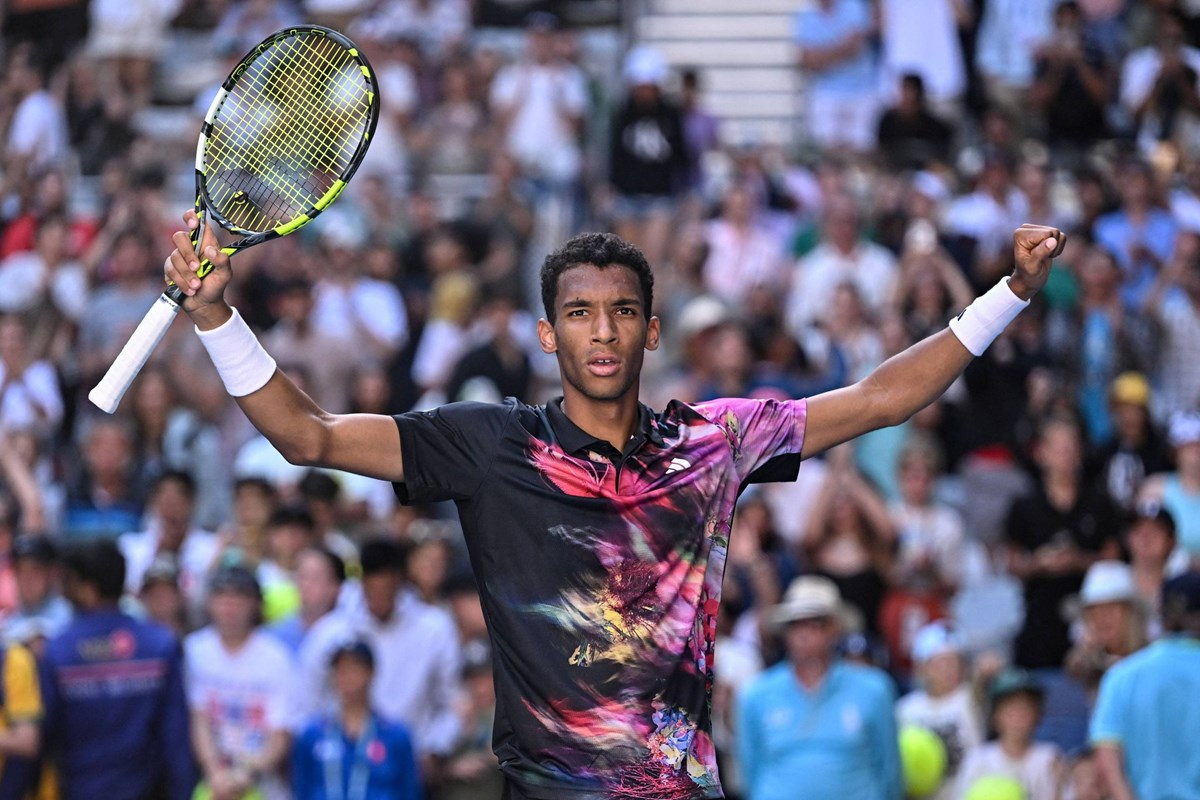
The ‘Uncle Toni’ saga was one of the more dramatic storylines we gained insight to over the first five episodes, which followed Canadian rising star Felix Auger-Aliassime’s journey in the French Open alongside his new coach Toni Nadal – the uncle of Rafael Nadal.
When Auger-Aliassime is drawn Nadal in the fourth-round match up, the Canadian’s coach did public interviews, making it evident who he was rooting for in the match. “To tell the truth, I want my nephew to win” he said. As Uncle Toni sat in a neutral section during the match, many players would’ve questioned his loyalty to his own player, but Auger-Aliassime explained that he understood the predicament and was more focused on playing his best tennis.
Break Point also gave us an insight into the coaching team behind world No.6 Maria Sakkari. Sakkari’s team is led by British coach Tom Hill and hitting partner Giannis Stergiou who joined forces to make up one of, if not the youngest support team on the WTA tour.
Hill began working with Sakkari almost five years ago when she was ranked outside the Top 20 and has taken on the role of speaking to her about her emotions and psychology as well as what she is producing on the court. “Tom is more than a coach to me. He’s my best friend” said Sakkari, who's strong, humourous relationship with her coach was evident in the docu-series.
Part two of Break Point will hit our screens in June 2023.
